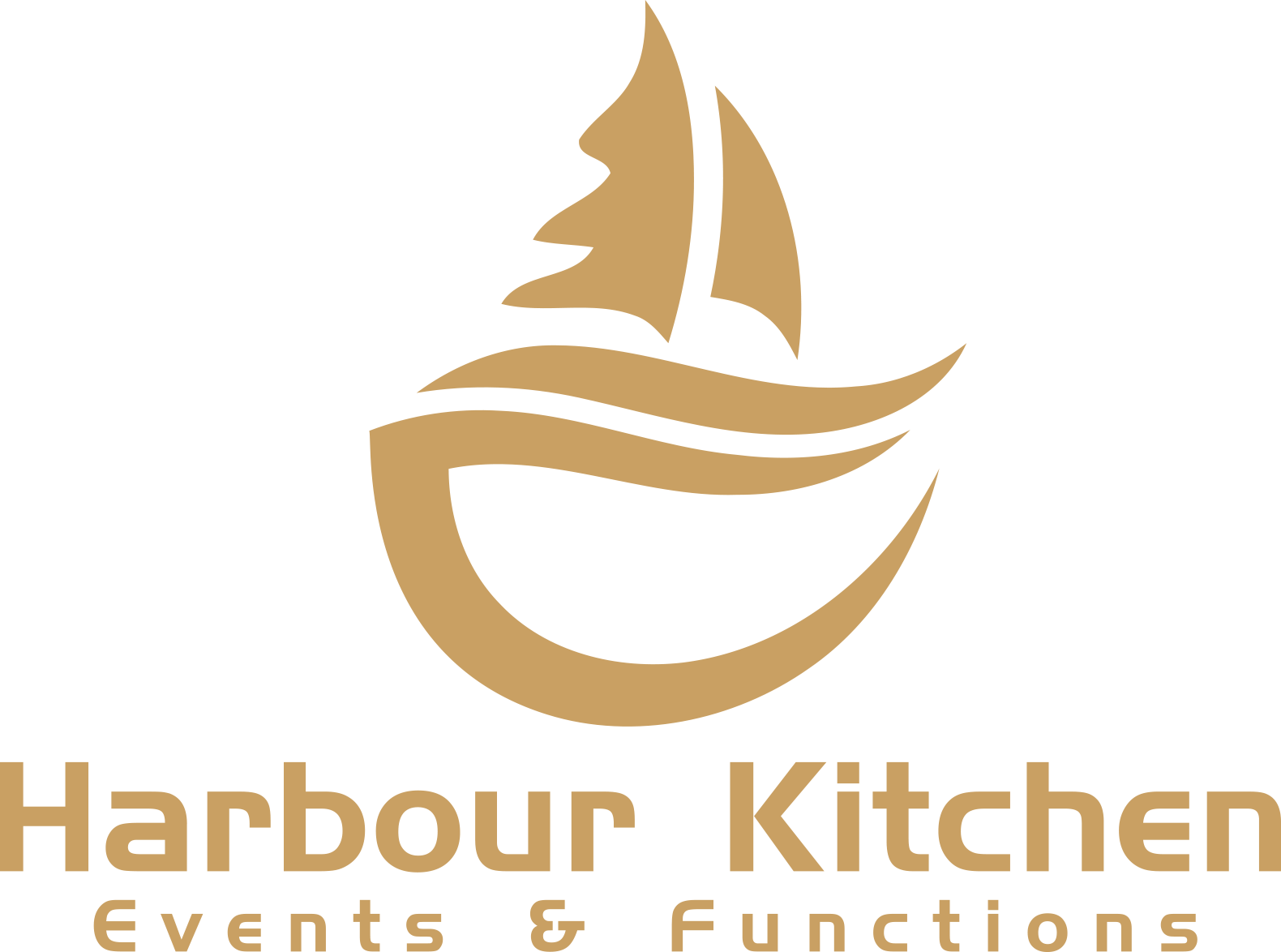Organizing a successful corporate event in Melbourne requires thoughtful planning, attention to detail, and clear communication. From choosing the perfect venue to selecting the right program and ensuring lasting business impact, each step of the process plays a crucial role in the overall success. Whether you’re hosting a product launch, networking event, or an internal team-building session, the following guide will help you navigate each phase to ensure a seamless and memorable event that aligns with your business goals.
1. Define Your Event Goals and Objectives
Before diving into any logistical details, it’s essential to clarify the purpose of your event. Understanding what you aim to achieve is the foundation of every decision you make. Is your goal to strengthen relationships with clients or partners? Are you looking to enhance employee engagement or introduce new products or services? Defining the event’s objectives will help guide the planning process, from the type of program you select to the choice of venue and entertainment.
Some potential goals for a corporate event could include:
- Networking: Building relationships and connections among clients, partners, or industry professionals.
- Team Building: Strengthening teamwork, boosting morale, and fostering collaboration within your organization.
- Product Launch or Promotion: Introducing new products or services to the market and engaging potential customers or clients.
- Brand Awareness: Increasing visibility of your company and showcasing its values, products, or services.
Once your goals are clear, you can move on to the next step—choosing the right venue.
2. Selecting the Right Venue in Melbourne
Melbourne is known for its vibrant events scene, with a wide range of venues suitable for various types of corporate functions. The venue you choose will have a significant impact on the overall success of your event. You’ll need to consider factors such as location, accessibility, capacity, facilities, and ambiance.
Considerations When Choosing a Venue:
- Location: Choose a venue that is easy for your target audience to access. If you’re hosting an event for local employees, you may want to consider proximity to public transport or ample parking. For larger events or those with international attendees, a venue close to major transport hubs like Melbourne Airport or central business districts might be ideal.
- Capacity: Make sure the venue can comfortably accommodate the number of guests you’re expecting. Overcrowding can detract from the experience, while a venue that’s too large can feel empty and impersonal.
- Facilities: Depending on the nature of your event, you may need audiovisual equipment, breakout rooms, or a stage. Ensure the venue has the facilities you require for presentations, meetings, or product demonstrations.
- Ambiance and Branding: The aesthetic of the venue should align with your brand’s identity. If you’re hosting a luxury product launch, for example, a high-end venue with elegant décor may be appropriate. Alternatively, if you’re hosting a more casual or creative event, you may opt for a more modern or industrial space.
- Indoor and Outdoor Spaces: Consider whether your event will benefit from outdoor space. Melbourne’s diverse weather can be unpredictable, so venues with both indoor and outdoor options provide flexibility.
3. Create a Memorable Event Program
Once the venue is selected, it’s time to develop an event program that is engaging, interactive, and aligned with your objectives. The program sets the tone for the event and should create an enjoyable experience for all attendees.
Types of Corporate Event Programs:
- Keynote Speakers: Inviting an industry expert or influential figure to speak can add credibility and valuable insights to your event. A well-chosen keynote speaker can captivate your audience and align with your company’s goals, whether it’s about industry trends, innovation, or leadership.
- Workshops or Seminars: Breakout sessions or interactive workshops offer opportunities for hands-on learning and engagement. These sessions are great for internal team-building or educational corporate events, where participants can learn new skills or discuss specific challenges.
- Networking Opportunities: Schedule designated networking breaks or structured networking activities to facilitate connections among your attendees. Offering guided conversation topics or icebreakers can help guests feel more comfortable and make meaningful business connections.
- Product Demonstrations or Launches: If you’re introducing a new product or service, incorporate a demonstration session where attendees can learn about its features and benefits firsthand. Product launches benefit from a well-designed presentation, which might include videos, interactive displays, and live demos.
- Entertainment: Depending on the tone of your event, entertainment can make it more memorable. For more casual events, consider hiring live music, a DJ, or a comedian. For formal occasions, a classy dinner or performance could elevate the atmosphere.
4. Promote Your Event Effectively
No matter how great your event program or venue is, it won’t be a success unless people attend. Effective promotion is crucial in ensuring that you attract the right audience.
Ways to Promote Your Event:
- Email Campaigns: Send out personalized invitations to your guest list, followed by reminders as the event approaches. Include all relevant details, such as the date, time, venue, dress code (if any), and RSVP instructions.
- Social Media: Leverage platforms like LinkedIn, Facebook, and Instagram to promote your event. Create event pages, use relevant hashtags, and post sneak peeks to generate excitement. Encourage attendees to share their participation and spread the word.
- Event Partnerships and Sponsorships: If appropriate, partner with other businesses or organizations that share your target audience. They can help promote your event to their followers or clients, potentially expanding your reach.
- Website and Blog: If your company has a website or blog, create a dedicated page for the event with all the details and a link to register. This is especially important for events that require RSVPs or ticketing.
5. Ensure a Seamless On-the-Day Execution
On the day of the event, there are many moving parts to manage. The key to ensuring everything runs smoothly is preparation and a detailed event day timeline. Here’s what to consider:
- Set Up and Logistics: Arrive early to oversee the set-up of the venue. Double-check that all technology is working, and that decorations, signage, and seating arrangements are in place. Ensure there is a team available to assist with logistics throughout the day.
- Registration and Welcoming Attendees: Set up a registration desk where guests can check in. Make sure there are clear instructions on where to go once they arrive. Greet attendees with a warm welcome, provide name tags, and ensure they’re comfortable from the moment they arrive.
- Time Management: Stick to the event schedule to ensure things flow smoothly. Assign someone to keep track of time, ensuring that speakers, sessions, and breaks start and end on schedule.
- Engagement and Interaction: Encourage guest interaction throughout the event by facilitating networking opportunities, Q&A sessions, or polls. Have staff on hand to assist with any technical issues or guest inquiries.
- Social Media Updates: Post real-time updates during the event on your social media accounts to create buzz. Encourage attendees to share their experiences, which can further promote your event.
6. Measuring the Impact of Your Event
The event may be over, but your work isn’t finished yet. Measuring the impact of your corporate event is critical for understanding its success and identifying areas for improvement for future events.
Key Metrics to Measure Event Success:
- Attendance Rates: Track how many people attended compared to how many were invited. A high attendance rate is a strong indicator that your marketing efforts were successful.
- Engagement Levels: Measure how actively attendees participated in sessions, discussions, or networking opportunities. Feedback surveys or real-time polling can help gauge this.
- Post-Event Follow-up: Reach out to attendees after the event to thank them for participating. This is also a chance to get feedback on their experience, which can inform future event planning.
- Lead Generation and Conversion Rates: If the goal of your event was to generate leads or promote products, analyze how many leads were generated and how many of them converted into actual business opportunities.
- Brand Awareness: Use social media analytics tools to track the reach of your event posts and the engagement with hashtags or mentions. This will help you understand the broader impact your event had on your company’s visibility.
7. Creating Long-Term Business Impact
A successful corporate event doesn’t end when the guests leave. For lasting impact, continue engaging with attendees and capitalize on the connections made during the event.
- Networking Follow-up: After the event, encourage attendees to follow up with the new contacts they made. Provide a post-event networking platform or email list for them to connect.
- Utilize Content from the Event: Repurpose content from the event, such as keynote speeches, presentations, or photos. Share these on your website, blog, or social media platforms to keep the conversation going and attract future business.
- Sustained Relationships: Keep your guests engaged by inviting them to future events, offering special deals, or providing them with ongoing value through educational resources.
Conclusion
Organizing and executing a successful corporate event in Melbourne involves a great deal of preparation and foresight. From booking the ideal venue to curating the right program, managing logistics, and measuring the business impact, every detail matters. By clearly defining your objectives and maintaining a focus on creating memorable experiences, your event can foster valuable connections, promote your brand, and ultimately drive meaningful business outcomes.








